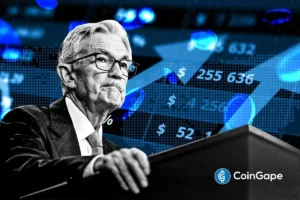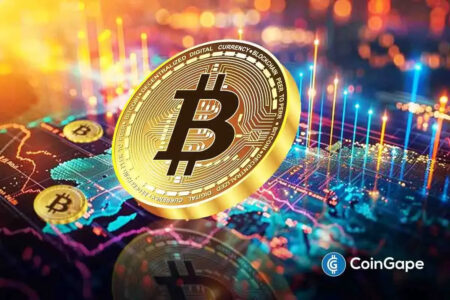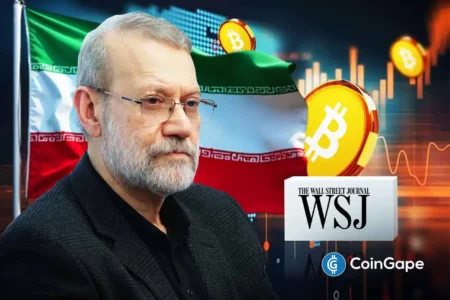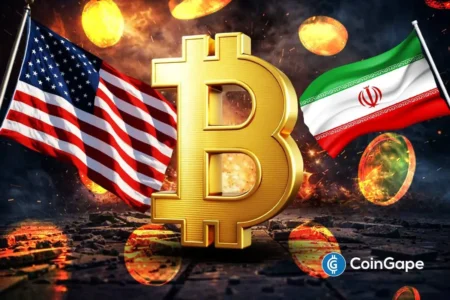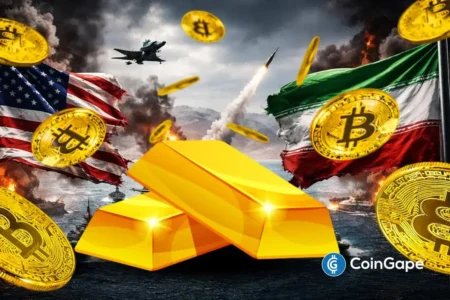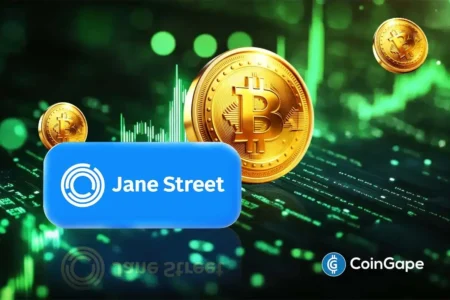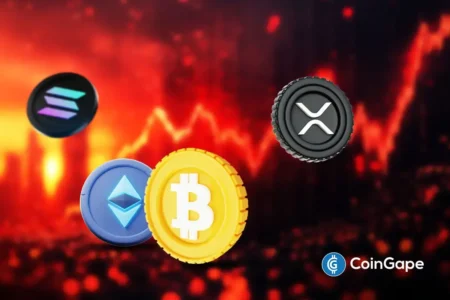The Rise of Bitcoin Amid a Potential Gold Crash: What to Expect
In an era characterized by significant macroeconomic changes, analysts are predicting that the traditional allure of gold may diminish, making way for Bitcoin’s ascendance. As various financial landscapes evolve, a potential crash in gold prices could further elevate the dominance of Bitcoin as a preferred asset class. This article explores the dynamics leading to this anticipated gold crash and Bitcoin’s positioning as a rising force in modern finance.
Expert Insights on Gold and Bitcoin
Recent discussions on social media and among financial experts suggest a shifting paradigm in asset preference. Robert Kiyosaki, the author of "Rich Dad Poor Dad," has opined on Bitcoin’s supremacy over gold and silver, emphasizing its unique scarcity as a defining advantage. Critics of traditional assets like gold argue that a predicted crash could shift investor focus toward Bitcoin, reinforcing its status in the cryptocurrency ecosystem. According to Bitwise CEO Hunter Horsley, even with gold’s historical popularity, the current market shows a discernible demand for Bitcoin, hinting that a transformation in investment sentiment is underway.
Scarcity: The Unique Value Proposition of Bitcoin
One of the fundamental arguments for Bitcoin’s growing appeal is its capped supply of 21 million coins. This intrinsic scarcity affords Bitcoin a unique position compared to traditional assets that can be mined indefinitely, such as gold. Kiyosaki’s observations underline how this factor not only enhances Bitcoin’s value but also creates a significant contrast with commodities like gold and silver. As more investors recognize Bitcoin’s potential for substantial growth driven by its limited availability, it continues to emerge as a compelling asset to hold in a diversified portfolio.
The Indicators of a Gold Crash
Market analyst Egrag Crypto has taken to social media to provide a technical analysis suggesting a looming crisis for gold prices. His insights particularly focus on critical market indicators like the Fib level of $3,405 and warn that a closing above this point may signal severe macroeconomic instability. Egrag’s analysis indicates that the impending crisis could surpass those experienced during significant global events like the COVID-19 pandemic, indicating far-reaching repercussions for the financial ecosystem.
Geopolitical Tensions and Their Impact on Gold
Recent geopolitical tensions, such as India’s missile strikes against Pakistan under "Operation Sindoor," have sparked concerns over their implications for the global economy. Egrag posits that such events could directly affect both traditional assets and cryptocurrencies like Bitcoin. However, some financial experts, like Tarun Satsangi, challenge this perspective. Historically, events like the 1965 and 1971 wars have shown that gold prices remained relatively stable regardless of these conflicts, suggesting that gold’s value is more influenced by economic developments in key regions rather than isolated geopolitical events.
Current Market Trends: Bitcoin vs. Gold
Recent market data reveals an interesting trend: gold prices have dipped by 1.31%, reaching $3,387.50, whereas Bitcoin has surged by 2.16%, now priced at $96,485. These fluctuations are indicative of the shifting dynamics in the financial landscape and hint at a potential larger shift yet to come. If experts’ predictions come to fruition, we could witness a dramatic decline in gold prices, potentially ushering in a new era of Bitcoin dominance within investment portfolios.
Conclusion: The Future of Asset Investment
As the financial world braces for a possible gold crash, investors are increasingly turning to alternatives like Bitcoin, fostering its dominance in contemporary financial discussions. With unique attributes such as scarcity and a growing user base, Bitcoin stands poised to redefine the landscape of investment assets. While geopolitical events and macroeconomic factors will undoubtedly play crucial roles, the general trend appears to favor Bitcoin’s rise at the expense of traditional assets like gold. As with any investment, potential investors should conduct thorough research, aligning their strategies with evolving market dynamics.
In conclusion, the potential for a major shift in investor sentiment towards Bitcoin underscores a fascinating transformation in how we perceive and invest in assets today. The future remains uncertain, but Bitcoin’s ascent seems inevitable amidst a backdrop of fluctuating gold prices.
